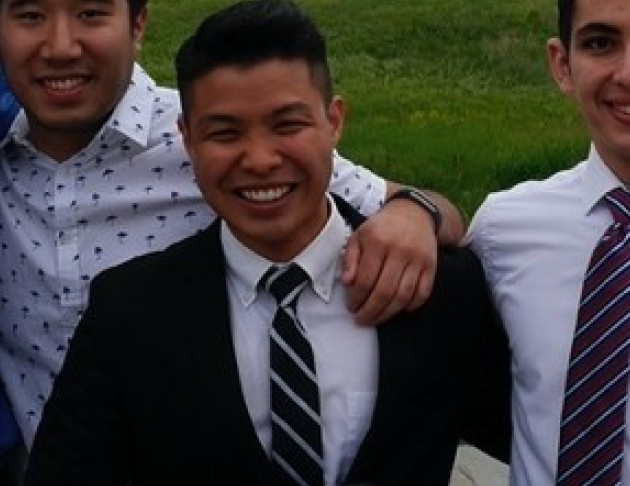 Materials Section
Materials Section
Supervised by Professor Nick Buenfeld and Dr Hong Wong
Prior to starting his PhD, Jia Xiang graduated from the University of British Columbia (UBC) with a Bachelor’s degree in Applied Science majoring in Civil Engineering with Distinction (2018). During his undergraduate studies, Jia Xiang received several awards in recognition of his strong academic performance, research contributions and other achievements. These include the UBC Outstanding International Student Award (2014), Dean’s Honour List (2016, 2018) and Deputy VC Scholarship Award (2016). Notably, he won the International Student Faculty Award in 2017 for his contributions to original research and student engagement, in addition to excellent academic performance. In 2018, he was the first international student to be conferred the Dr. Gordon Springate Sr. Award in Engineering in recognition of his scholarly activities and contributions to the community outside of university.
Why did you decide to do a PhD in the Department of Civil and Environmental Engineering?
While volunteering as a Research Assistant with Assoc. Professor Dr. Zheng Liu on projects related to structural health monitoring and intelligent sensing, I had established a strong interest in sensor technologies and construction materials. The newly developed Advanced Infrastructure Materials Laboratory at the Centre for Infrastructure Materials caught my attention while choosing my next destination for postgraduate studies.
Tell us about your PhD research
The annual cost of repair and rehabilitation of concrete infrastructures due to corrosion has risen over 3% of the world’s Gross Domestic Product (GDP), and is predicted to rise exponentially. This calls for the need to develop techniques and methods to accurately predict the degradation of concrete infrastructures. Numerous studies had been conducted to embed sensors in concrete for in-situ and real-time analysis; however, there is a lack of contribution towards understanding the impact of cement chemistry and mass transport. My research study aims to contribute towards these areas by embedding smart technologies at the steel-concrete interface (SCI).
What impact do you hope you research will have/what do you hope your research will lead on to?
Born and raised in two of the most densely populated cities in the world, Singapore and Hong Kong, I had observed the increase in demand for high-rise buildings and the need to maintain and repair these structures from a young age. I hope my research and contributions could potentially prevent the need for demolition of old structures; instead they could be restored based on accurate measurements and forecasts.
Does your research involve working with collaborators outside of the Department?
If so who and why? Currently, I am not working with collaborators outside of the Department; however, due to the multidisciplinary nature of my project there are vast opportunities for collaborations with other researchers in the future.
What is a typical week like for you?
A typical week will include spending lots of hours developing new scientific methods and techniques, conducting laboratory experiments, analysing data sets and reading academic journals. Furthermore, after partaking my undergraduate studies in Canada it has taught me the importance of a work-life balance. Thus, after working hours you could definitely catch me working out in the gym!
How have your skills developed, both professional and personal?
With the guidance and encouragement of my PhD supervisors, I have become a more independent researcher. The ability to think critically, communicate efficiently and work collaboratively has dramatically improved during my PhD studies. Personally, I am learning how to integrate additional extracurricular activities into my busy work-life schedule.
What do you enjoy most about being a PhD in the Department?
Working in the Department with people from different cultural backgrounds and research interests has encouraged me to think out of the box and approach my problems from a different perspective. Most importantly, I enjoy working in an environment where academics, staff and students strive to be the best in the world!